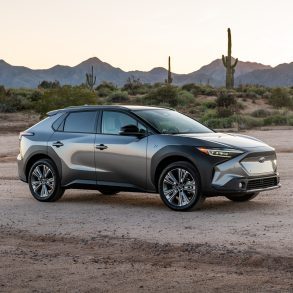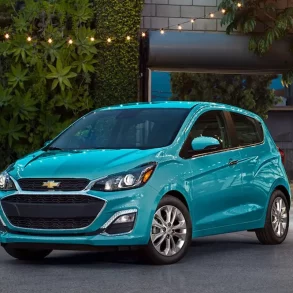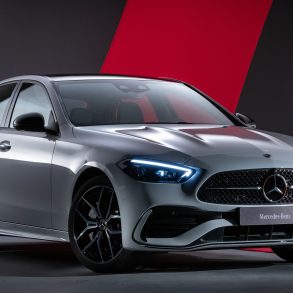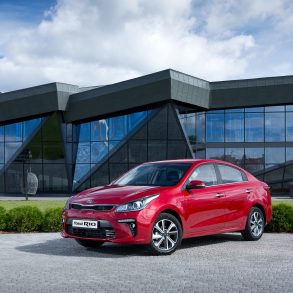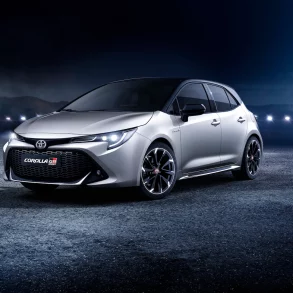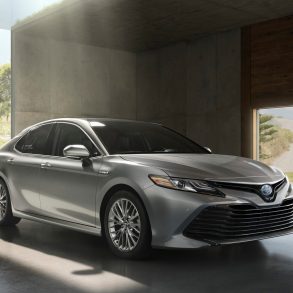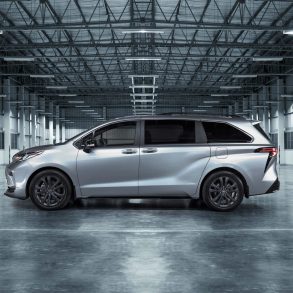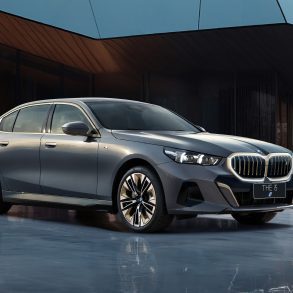Subaru 360
The 360 was the first Subaru to be imported into the US, in 1968. Malcolm Bricklin, known for importing all kinds of cars from previously unknown brands from all over the world, most famously the Yugo, imported 10.000 units of the 360 but the tiny car was not very suited for American roads and drivers. It suffered from bad publicity after a terrible result in a (non-obligatory) crash test, and possibly not all of them have actually been sold in the US. There have been rumors of unsold 360’s being scrapped.
Subaru 360 Overview
The Subaru 360 is a significant model in the history of Subaru and the Japanese automotive industry. Launched in 1958, it’s often affectionately called the “ladybug” in its home country, Japan. Japan’s “People’s Car”: Post-World War II, the Japanese government was keen to mobilize the population and defined categories for small cars. The Subaru 360 fit into the “kei car” category, which had certain tax and size benefits. It was designed to be a simple, affordable, and efficient car for the masses, similar in intent to the Volkswagen Beetle in Germany.
The Subaru 360 came with a two-stroke, 356 cc rear-mounted engine. While modest by today’s standards (and even by some standards then), it was adequate for the car’s size and weight. It was a truly compact car, measuring just 3 meters in length. One of its notable claims to fame was that it weighed under 1000 lbs, which resulted in efficient fuel consumption. The 360 featured a monocoque construction, which was innovative for its time and contributed to its light weight.
The 360 was introduced to the U.S. market in the late 1960s. However, it wasn’t as well-received due to concerns over safety, performance, and the growing American preference for larger vehicles. Famously, Consumer Reports labeled it as “Not Acceptable” due to safety concerns, which hindered its sales prospects.
Subaru 360 U.S Sales Data & Charts
The success of the 360 in Japan set the stage for Subaru’s future developments and its rise as a global automaker. It solidified Subaru’s position in the kei car market, which they continued to be a part of for many years.
US Annual Sales
| Year | Sales Units |
|---|---|
| 1968 | 332 |
| 1969 | 2,082 |
| 1970 | 1,480 |
| 1971 | 1,675 |
| 1975 | 942 |


